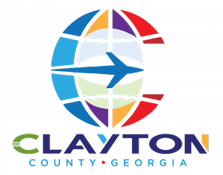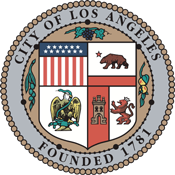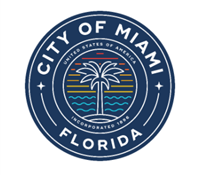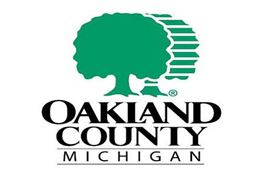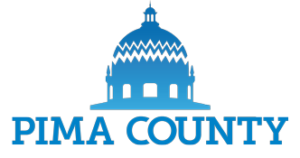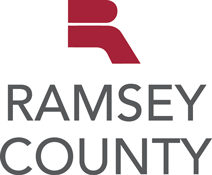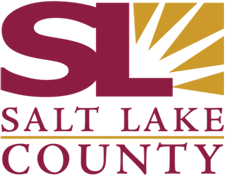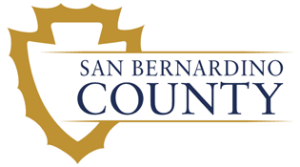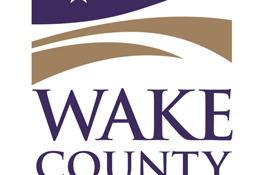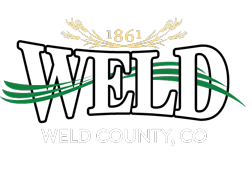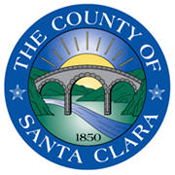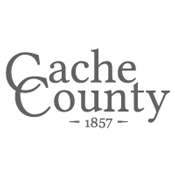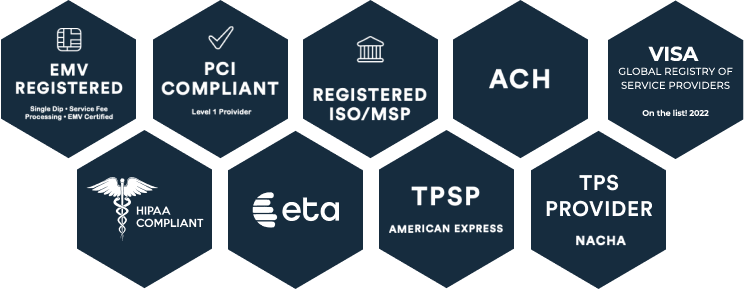A government’s treasury department can be a complex segment of the public sector, dictated not only by the necessity of sound financial planning but also by numerous regulations and a responsibility to the public. Government treasurers hold an essential role in the judicious management of municipal funds.
A treasurer’s responsibility covers more than just bookkeeping and fiscal logistics. In their role, treasurers serve as financial stewards of important public funds.
A treasurer’s decisions often shape a community’s long-term financial strategy. For treasurers, fostering trust within the community is more vital than ever, especially as citizens increasingly rely on digital solutions.
Efficient payment solutions are an asset to treasurers and the public alike. Learn more about a treasurer’s role in modernizing government budget allocation, expense monitoring, and revenue collection.
Treasurer Roles and Responsibilities
The scope of a treasurer’s duties varies depending on the level of government. From states to counties to cities, this position oversees the dynamic financial landscape of their jurisdiction.
All treasurers, however, share a common set of responsibilities that form the basis of their role. These include the following:
- Cash Management: Oversee the cash flow and maintain adequate liquidity to meet their jurisdiction’s financial obligations.
- Financial Custody. Safeguard stabilization funds, pension reserves, and other important financial assets.
- Revenue Administration. Facilitate the timely and accurate collection of taxes, fees, and other revenue sources.
- Emergency Spending. Adhere to protocols during emergencies to balance pressing needs with long-term financial stability.
- Investment Management. Authorize and prudently invest public funds to generate returns and safeguard financial reserves.
- Debt Management. Monitor and manage municipal debt issuance, repayment, and compliance with bond covenants.
- Financial Reporting. Prepare and distribute comprehensive financial reports to ensure government transparency and accountability.
- Record Keeping. Maintain custody of crucial financial documents, reports, titles, policies, and other accounting assets.
- Regulation and Compliance. Ensure financial processing, deductions, and compliance with laws and regulations.
Supporting the Treasurer’s Role in Government
In the digital age, innovative technology solutions move the world forward. Improved financial and payment processes are a powerful way to drive progress, and treasurers have a unique role in helping their municipalities evolve.
Treasurers are at the forefront of exploring efficient payment solutions that improve the financial experience for taxpayers, government organizations, and their stakeholders. These solutions are investment strategies in their own right, facilitating smoother, more efficient financial operations. Ultimately, process improvements like these prove beneficial for treasurers serving at any level of government.
State Treasurers
At the state level, the treasurer’s role can be far-reaching and comprehensive. State treasurers are responsible for overseeing the management of the state’s financial resources, which can involve various revenue streams and investments, including:
- Income tax
- Sales tax
- Federal grants
- Pension funds
- Debt portfolios
A state allocates much of its budget to critical endeavors like education, healthcare, and infrastructure. A state treasurer ensures the efficient and appropriate distribution of these funds. In addition to this responsibility, the treasurer monitors expenditures and takes measures to maintain compliance with budgetary and legislative guidelines.
Effective management is non-negotiable for a state treasurer. Sound financial management is essential for public services, including education and community development.
Modernizing Payments as a State Treasurer
To illustrate the state treasurer’s role in modernizing payment solutions, consider the impact of implementing an accessible, online portal payment system residents can use to pay for state services.
The Benefits
This payment technology allows residents to conveniently reserve and submit fees to utilize recreational facilities. It also makes it far easier for residents to make payments securely on the go or from the comfort of their homes.
Subsequently, the ease of use increases the likelihood that residents will consider regularly using public facilities and recreational areas.
The Wider Scope
This boost in user experience is compelling on its own, but the automated, digitized solution also streamlines administrative processes on the back end. Without the need for manual intervention or in-person processing, such a system reduces operational costs. It increases efficiency for other agencies, including parks and recreation, facility management, and public works.
County Treasurers
A county treasurer focuses on local finance management. Their responsibilities center around the fiscal dynamics of county departments and agencies. This responsibility includes:
- Property taxes
- County investments
- County debt management
- County department cash flows
Property taxes are one of the most significant funding sources for essential county services. Property tax collection is a primary function of the county treasury department, as these revenues contribute substantially to the entire county’s welfare. The county treasurer’s office facilitates this by calculating tax assessments, issuing bills, and organizing collection.
The county treasurer is also responsible for distributing these funds to county departments and vital programs like public safety, transportation, and social services. Much of this obligation involves equitable allocation within the county’s budgetary parameters.
Enhancing County Treasury Processes
With county-level services as a focus, county treasurers can spearhead endeavors to enhance the efficiency and convenience of property tax payments. An integrated payment portal can be a game-changing tool.
The Benefits
An integrated digital platform makes it easy for property owners to manage all aspects of their property tax obligations. Through one convenient hub, they can view their tax assessments, sign up for electronic billing statements, and make payments using various payment methods.
The Wider Scope
Integrated features remove the payment barrier for many users, streamlining and expediting the revenue collection process. Features like automatic payment reminders, payment plan options, and access to records increase citizen engagement and encourage timely payments.
The property tax payment process improves with fewer late payments to track down and monitor.
City Treasurers
The city treasurer is responsible for municipal finances and oversees the management of city resources. Although their responsibilities are similar to those of treasurers at other state levels, they’re scaled to the municipal level. The city treasurer monitors revenue streams, taxes, fees, and funds for city departments and initiatives.
City treasurers ensure proper allocation of city funds for city-specific projects such as:
- Local infrastructure improvements
- Community development programs
- Public works initiatives
- Public health and safety
- Housing initiatives
City treasurers are responsible for accurately tracking expenditures and ensuring transparent financial reporting to maintain community trust.
Upgrading Payment Structures for City Treasurers
Public utilities and infrastructure are crucial for city governments. City treasurers can enhance payment efficiency with an upgraded, unified payment system for utility bill payments.
The Benefits
By collaborating with other city departments, the treasurer’s office can implement a centralized, user-friendly payment platform where city residents can view and pay various utility bills, such as water, sewage, and trash collection.
This payment platform could further meet citizens’ needs by integrating secure payment gateways and offering flexible payment options. Automatic payment reminders and access to records place the payment experience directly in the hands of many citizens.
The Wider Scope
Instant alerts regarding unpaid fines can demonstrate the treasury department’s commitment to enhanced payment efficiency. Secure, automated payments also minimize administrative intervention while keeping payment processing compliant and efficient from start to finish.
Streamlining Payments with an Integrated Solution
Embracing modern payment solutions improves the citizen and government experience on both ends of a transaction. CORE’s integrated payment solution can revolutionize how governments collect and manage payments within a single, seamless platform.
CORE offers comprehensive options for government organizations, including:
- Secure online portals
- Simplified recurring payment scheduling
- Text and mobile payment options
- Self-service accessibility
- Automated reconciliation
By consolidating multiple channels into one centralized hub, CORE provides a unified view of transactions in a way that works for you and your unique operations. Discover what CORE can do for you.














